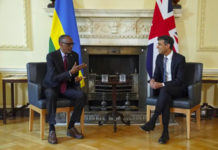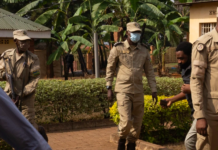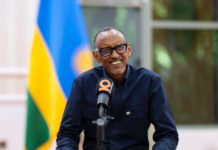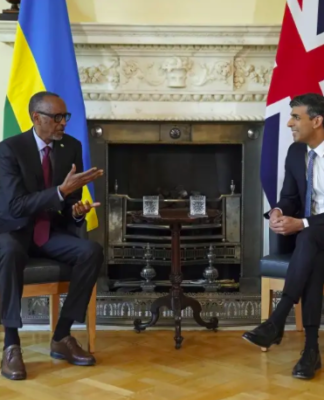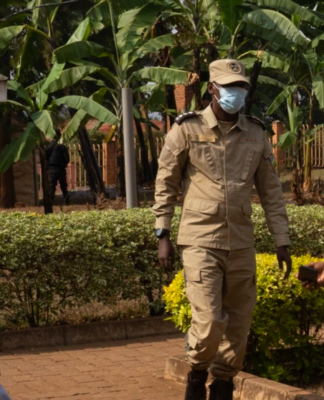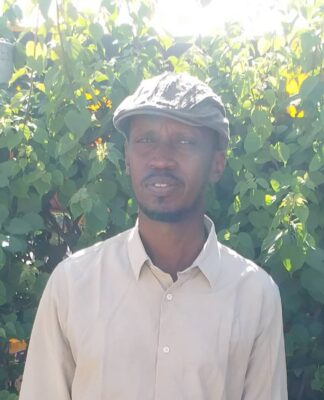KAMPALA, Uganda — Peace talks between Congolese rebels and the Kinshasa government Monday faltered on the second day after rebels shunned meetings over officials’ outrage at their accusations.
Both sides however remain committed to the negotiations, aimed to end a crisis that has led to widespread atrocities and sparked fears of an all-out regional conflict after the M23 rebels captured the key city of Goma last month in eastern Democratic Republic of Congo.
“We are not coming, we are in our hotel,” said senior M23 official Rene Abandi, adding that “as soon as it seems like there is a setting for negotiation we will come.”
Talks in the Ugandan capital opened late Sunday, the latest in several bids to end a long-running conflict that has forced hundreds of thousands of people in eastern DR Congo’s North Kivu province from their homes.
In the M23’s opening statement on Sunday, rebel delegation head Francois Rucugoza launched a wide-ranging attack on the Kinshasa administration.
He blamed conflict in eastern DR Congo on “bad governance and, above all, a lack of visionary leadership”.
That prompted DR Congo’s Foreign Minister Raymond Tshibanda to threaten stalling the talks if he was not allowed to rebut the rebel claims to their faces, sparking anger when the M23 did not appear to hear them.
“In spite of the time given to them they did not come,” Tshibanda said. “What democracy is this? They are not ready to listen.”
Tshibanda promised to make his response to the allegations tomorrow regardless of whether M23 attend.
“Tomorrow, whether they are here or not, the truth will be told,” Tshibanda said.
M23 officials said they had not decided whether they would turn up on Tuesday.
“We are here to negotiate, not to listen to the government’s expressions of anger,” Abandi said.
The M23 rebels’ lightening capture of the mining hub of Goma on November 20, eight months after the army mutineers launched an uprising against the government, had raised fears of a wider war and a major humanitarian crisis.
M23 fighters, largely from the ethnic Tutsi community, pulled out of Goma 12 days later, but still control large parts of the chronically volatile but mineral-rich east.
They are expected to present a raft of demands to the government, including a call for major political reform for the war-weary region.
Despite the tensions, the talk’s mediator, Ugandan Defence Minister Crispus Kiyonga, said he was confident “M23 is still around for the dialogue”.
Eastern DR Congo, which borders Rwanda and Uganda, was the cradle of back-to-back wars that drew in much of the region from 1996 to 2003. They were fought largely over its vast wealth of copper, diamonds, gold and coltan, a key mobile phone component.
Both Rwanda and Uganda have been accused of backing the fighters, with a UN report quoting sources that more than 1,000 Rwandan troops fought alongside the rebels, while Kampala provided logistical support.
Kigali and Kampala have denied involvement in the conflict.
A key border post between Uganda and rebel-controlled DR Congo was reopened Monday, a month after it was closed on Kinshasa’s demands as rebels were using it to levy taxes on vehicles and good crossing the frontier.
The M23 was formed in May by former fighters in a largely ethnic Tutsi rebel group that mutinied after having been integrated into the DR Congo military under a 2009 peace deal.
They complained the terms of the deal had never been fully implemented.
AFP

